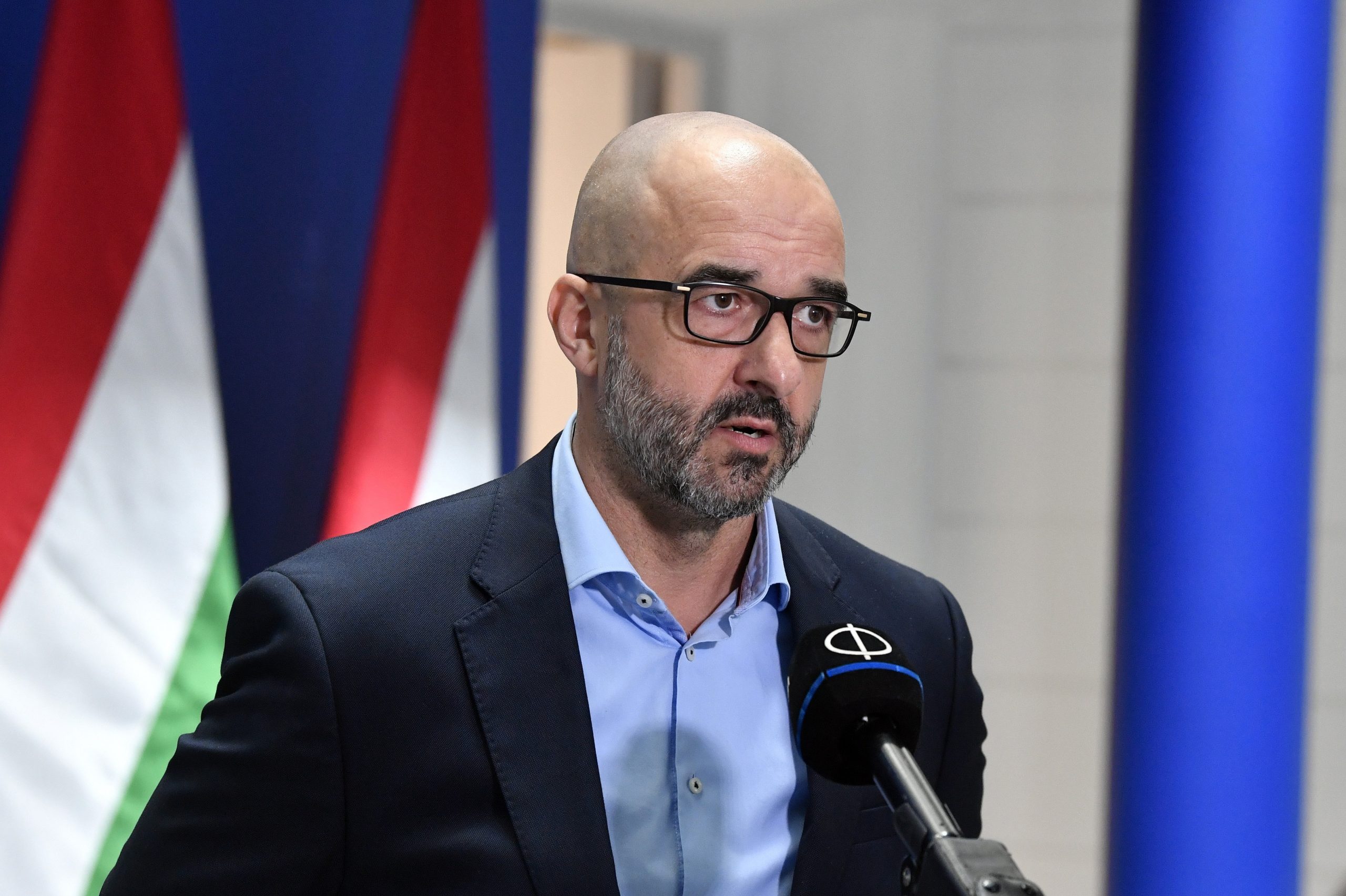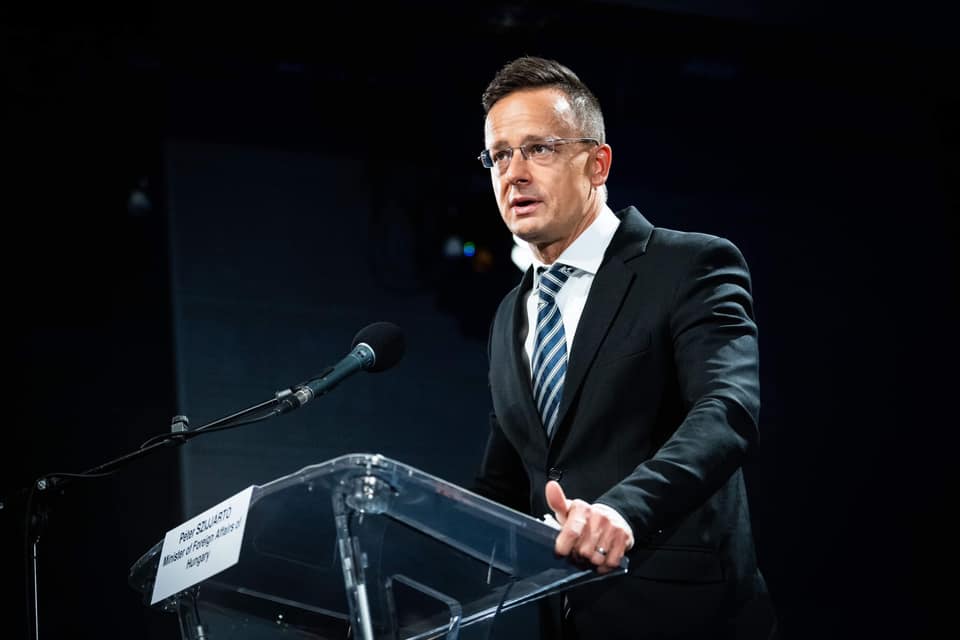
Kovács said in his interview that any of the current proposals aimed at banning Russian imports would bring the Hungarian economy to a halt and render the everyday lives of Hungarians untenable.Continue reading

Hungary’s government will withhold its approval of any sanctions that would render the transit of Russian oil and natural gas to Hungary unfeasible, as this would compromise the country’s energy security, given the reliance of its infrastructure on Russian deliveries, Foreign Minister Péter Szijjártó said on Tuesday.
Whereas Hungary has so far voted for all European Union sanction packages, it has had to contend with “unfair and unjust” attacks, according to a ministry statement issued after Szijjártó held a joint press conference with Kazakh counterpart Mukhtar Tileuberdi.
He said Hungary was open and straightforward about its unwillingness to abandon its energy supply security, adding that the government protected the national interest first and foremost.
“We don’t care what people in the East or the West think,” he said. “This is a real issue of energy security as it’s currently physically impossible to run the economy without Russian crude.”
Around 20,000 tonnes each day, or 65 percent of Hungarian oil consumption, comes from Russia through the Friendship Pipeline, he said, adding that no alternative supply routes were available for replacing this amount.
The Croatian section of the Adriatic pipeline has major capacity limitations, the minister said, while developing the necessary infrastructure would require enormous investment, and it was unsure whether Zagreb would agree to this; and if it did, it was uncertain how long it would take to do so, he added.
With circumstances thrust upon it, Hungary, he said, had no time to alter its refinery to make the switch to another type of crude, and it did not yet know exactly how many hundreds of millions of dollars this would cost.
Hungary, he added, supported the diversification of European energy supply, and has made headway in this direction by increasing oil imports from Kazakhstan, which now cover 16 percent of its total consumption. Still, this is supplied via Russia and could be subject to sanctions.
Meanwhile, Szijjjártó said oil and gas company MOL was the technical manager of a Kazakh-Chinese-Hungarian consortium that plans extraction from a big gas field in Kazakhstan pending Kazakh government approval. Extraction could start next year, he added.
Szijjártó praised Kazakhstan for combatting terrorism and ensuring stability in the region neighbouring Afghanistan by preventing the spread of extremist ideologies and by taking action against migration and smuggling.
The minister is scheduled to meet Kazakh President Kassym-Jomart Tokayev and travel to Kyrgyzstan later in the day.
Featured photo via Péter Szijjártó’s Facebook page